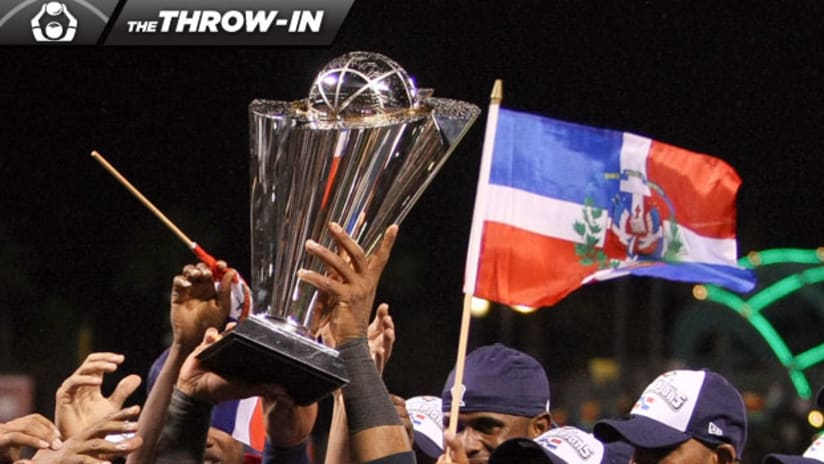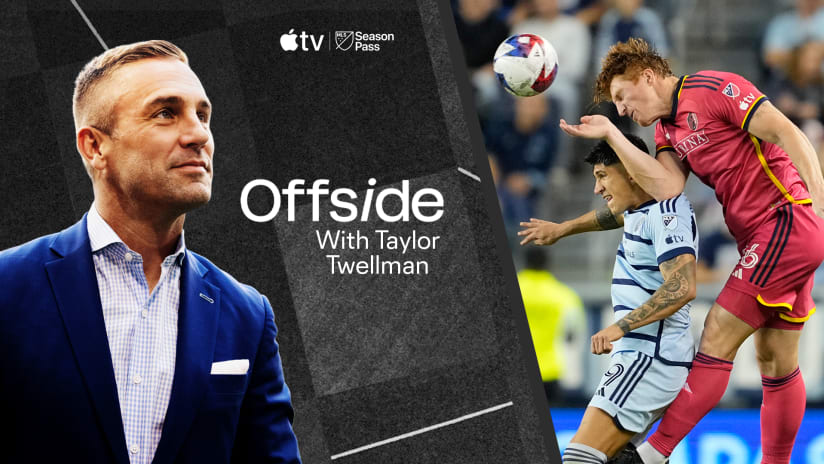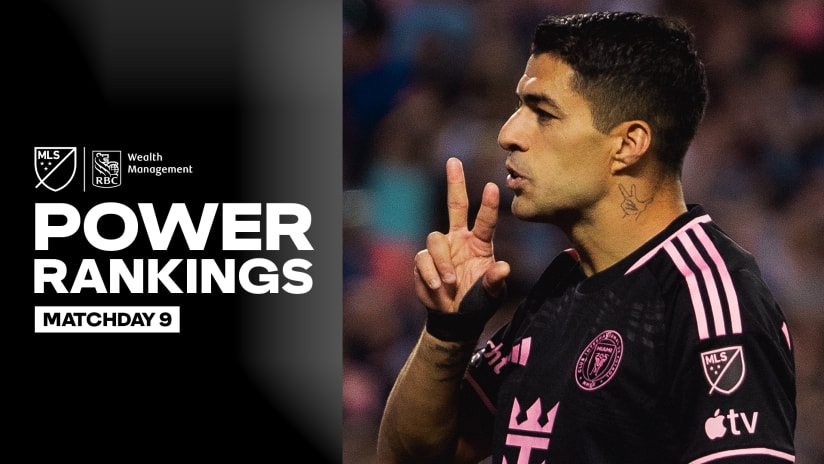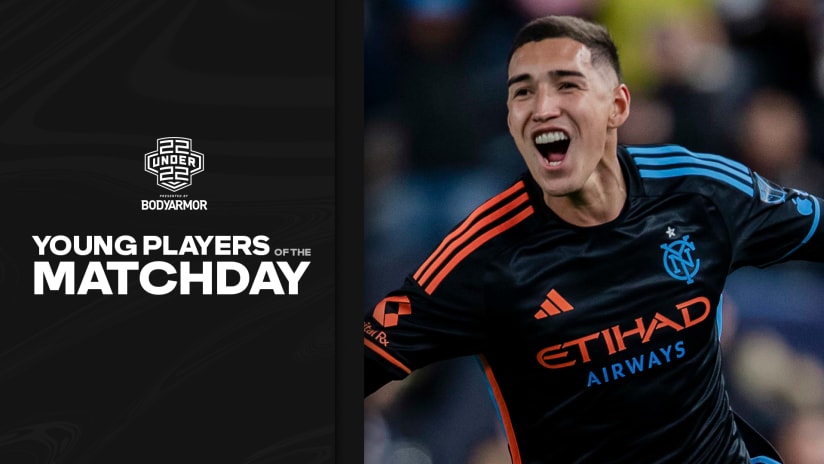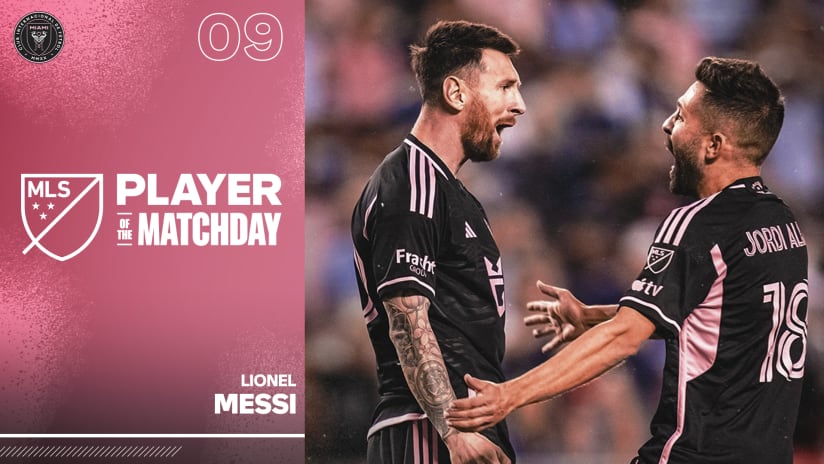There's a footballing lesson to be learned in the Dominican Republic's World Baseball Classic title.
No, really. If you're an American or Canadian soccer fan, there is a very distinct parallel. It's just not obvious when you compare soccer and baseball which, athletically, are almost polar opposites.
But given my line of work, it’s nice to take a break from soccer sometimes. So I was psyched to have a pretty cool view of history on Tuesday when the final pitch was thrown at the final of the World Baseball Classic.
I was lingering atop the right-field wall near the foul pole at AT&T Park – just above where they used to hang rubber chickens every time Barry Bonds was intentionally walked – when Dominican closer Fernando Rodney struck out Puerto Rico’s Luis Figueroa.
When the DR players rushed the mound and engaged in a collective bear hug, celebrating what is arguably the Caribbean island nation’s greatest sporting triumph in its tumultuous history, I could see their faces clearly and understood what it meant to them.
The WBC is only in its infancy, and it’s certainly a flawed tourney with shortcomings well documented in other places by writers more qualified than I. But it was hard not to feel like I was witnessing a moment in time that is probably underappreciated now but will be looked at fondly – perhaps even reverentially – somewhere down the line.
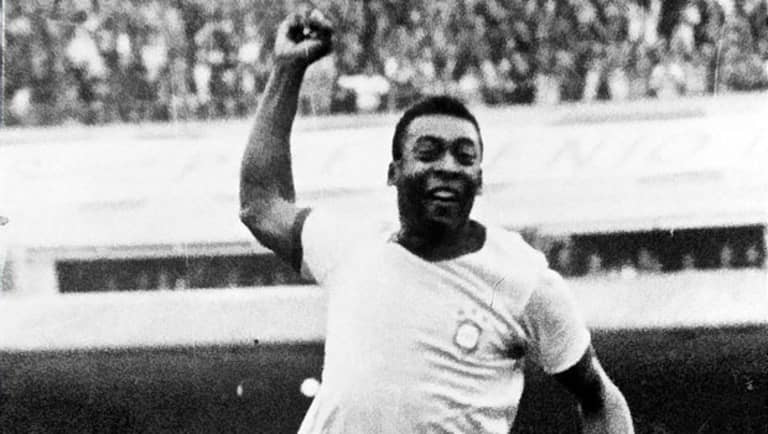
It’s kind of like how I imagined fans felt at the first World Cup final back in 1930. Yeah, there may have been 93,000 in attendance to see Uruguay top Argentina way back then – compared to thousands of empty green seats in San Francisco on Tuesday night.
But that day 83 years ago in the brand spanking-new Estadio Centenario in Montevideo wasn’t just the first time a team hoisted what came to be known as the Jules Rimet trophy. It marked a shift in the sport away from Europe. Uruguay, two-time winners of the Olympic gold medal, now had also stolen the spotlight from the Old World where the game was invented (in its modern form, anyway) and where the elite supposedly guarded it.
In the coming years, Brazil cemented its place as a footballing power, and Argentina followed. Suddenly, Europe’s game had been adapted and evolved (some might argue perfected) thousands of miles away from its creators.
This is worth noting because the Dominican Republic just celebrated its Uruguay moment. Some 168 years after an American supposedly invented the game of baseball, a country that begrudgingly accepted it during tough times, made it its own and has consistently provided perhaps the greatest pipeline of professional talent in the world outside of its birthplace is now standing at its pinnacle.
READ: Throw-In: Soccer may be agent for change in soccer-mad Cuba
It’s a reminder that even though the sport may supposedly be “America’s Pastime,” it’s no longer just America’s game. It’s now played professionally in more than 40 countries, all of which supply talent in some way into the American system, from the lowest rung of the minor leagues all the way up to Major League Baseball.
But this also a reminder for the American and Canadian soccer fan that, in many ways, we are the equivalent of the Dominican Republic. Yes, we have plenty more resources and infrastructure – and ignore the gaping economic gap, if you can. But we’re also battling history. The game is not native to us. It was brought to us and has been adapted by us. And we need to learn how to make it our own so that, one day, we’re the ones hoisting that trophy.
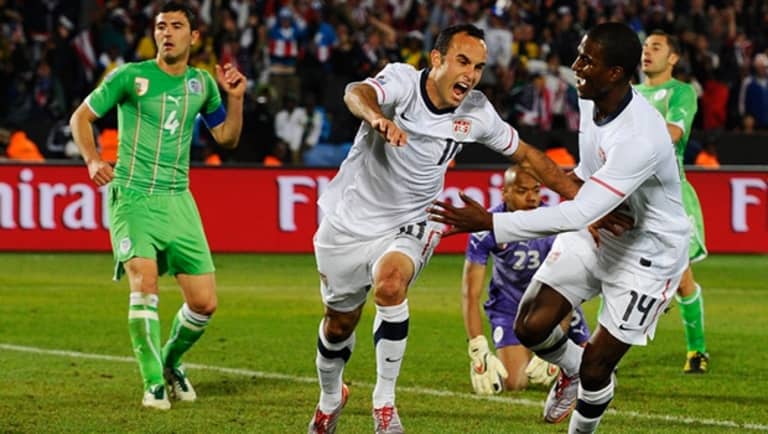
This is worth remembering for the impatient fan. American and Canadian sports fans are accustomed to getting the best. Athletes from all over the world come here to play basketball, baseball and hockey. We invented those sports and we hold them in high esteem. And it’s universally accepted that we have the best domestic leagues in the world in each one. That’s why the world comes here to play.
It’s not that way in soccer yet. But it may get there one day. That’s why you keep hearing Commissioner Don Garber say that Major League Soccer wants to be among the world’s elite by 2022. But that often doesn’t jibe with our impatient “We’re No. 1” culture.
Well, it has to. Being a soccer fan here requires the patience to understand that we have work to do. That achievement isn’t a birthright in the sport, because it’s not our sport. It’s about understanding our place in the world and putting our head down and grinding. The challenges are huge, but we can achieve them.
Perhaps the most positive thing to come out of the incendiary Sporting News story that broke earlier this week is the passion it has inspired in the American fan base. We are learning that we truly care about the future of soccer on these shores and that we’re thinking like a world power.
The results still may not come immediately, and we’re right to expect progress. But let’s not forget where we came from. Eighty-three years ago, the US national team was there in Uruguay, too, a witness to history. Some day soon, maybe it will get its Dominican moment.
Jonah Freedman is the managing editor of MLSsoccer.com. “The Throw-In” appears every Thursday.

